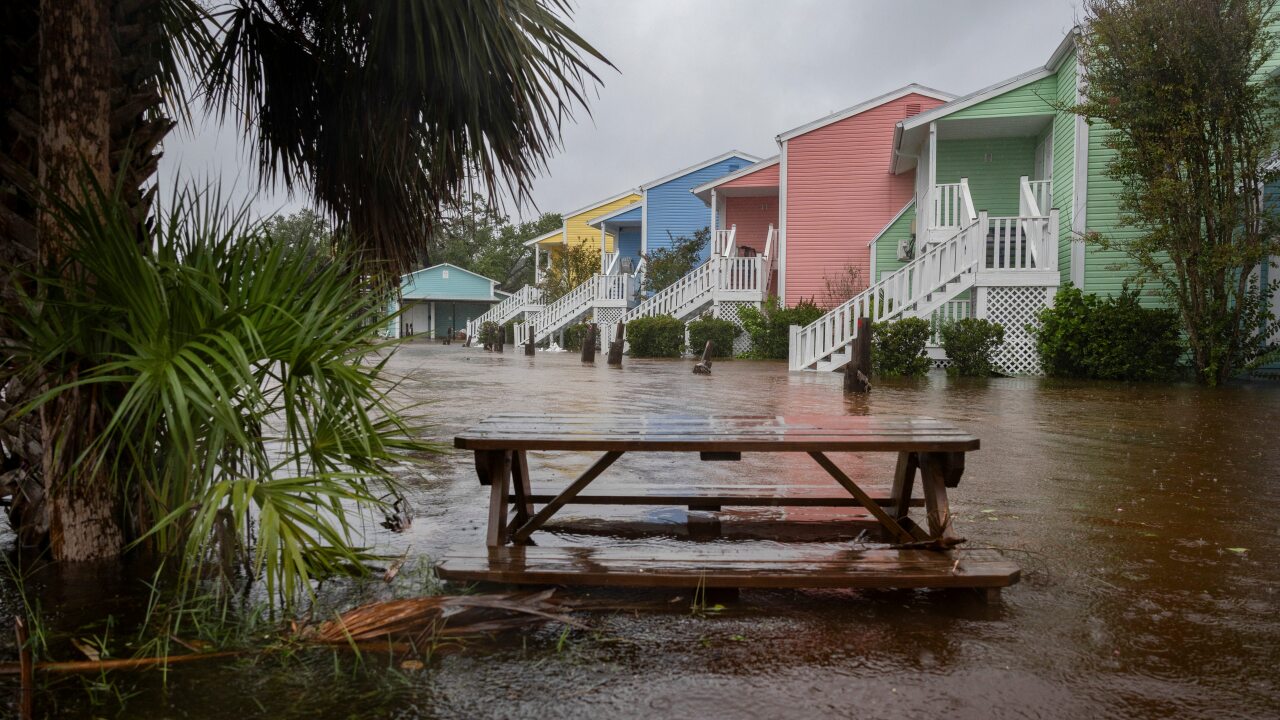Several major cities around the globe have been exposed to contactless-payment methods with cards or mobile phones, but Barcelona, Spain, soon may become the first city in which contactless is the dominant form of payment.
At least that is what La Caixa bank, a card issuer and Spain's largest acquirer based on retail merchant market share, intends to create with mass distribution of contactless debit cards along with payment terminals and ATMs that accept them throughout the city.
La Caixa has partnered with Visa Europe for the project, in which the bank plans to distribute 1 million contactless Visa payWave debit cards to its customers starting next week, the bank announced Jan. 12.
In addition, the bank will distribute 17,000 contactless-payment terminals to large and small businesses and deploy 500 ATMs that read contactless cards at its bank branches.
La Caixa customers may use the contactless function on the EMV smart cards to conduct payments of less than 20 euros (US$25.50), La Caixa stated in a press release. Customers making contactless payments for purchases worth more than 20 euros must enter their card PIN at the point-of-sale terminal to validate the transaction.
The contactless terminals and ATMs will accept the EMV chip-and-PIN cards common throughout Europe, but they also will contain near-field-communication chips to communicate with similar NFC chips inside mobile phones, the bank stated. NFC chips support two-way communication, so they can send payment information to a terminal but also collect data from the device, such as merchant loyalty points and coupons for storage within phones.
By sheer numbers, the Barcelona project establishes a precedent, one analyst suggests.
"The size of the contactless project clearly shows La Caixa intends to make Barcelona the first city in Europe in which contactless payment is the accepted norm," says Zil Bareisis, a London-based senior analyst for research firm Celent.
By contrast, various efforts to make contactless payment the dominant method in the United Kingdom have not taken hold, Bareisis says.
"The Barclaycard contactless adoption in London remains far from ubiquitous," Bareisis notes.
However, consumer acceptance of contactless payments in London could change during the summer Olympics, Bareisis suggests. "It will be interesting to see if the Olympics will push contactless in London over the tipping point," he adds.
Last November, Visa and Barclaycard announced its preparations for contactless payments at London's O2 arena for the 2012 Olympics.
La Caixa worked closely with Visa Europe in developing the contactless payment system because of the payments processor's experience supporting 27 million holders of Visa contactless cards from 17 European countries that can use their cards to make contactless payments at an estimated 190,000 establishments, the bank noted.
In December, Visa Europe issued a report indicating consumers exposed more to contactless payments ultimately would become interested in mobile payments.
La Caixa seeks to eliminate fraud during an ATM transaction through its deployment of machines that read contactless chips, the bank noted.
Tokyo-based Fujitsu Ltd. is the manufacturer of the ATMs for the Barcelona project. After the reader on the machine recognizes the card, the cardholder types in his PIN to operate the ATM, La Caixa stated.
The bank did not report which terminal maker manufactures the contactless-payment terminals.
La Caixa estimates that 50% of its customers will have cards able to access the contactless POS systems by the end of February, while targeting completion of card distribution by the end of June.
The bank intends to deploy the ATMs during the course of 2012, with a target of having at least one contactless unit at every La Caixa branch in Barcelona by the end of the year.
The bank did not provide information about its transaction-processing fee related to this project, but La Caixa generally receives 0.05% of each card-payment transaction in interchange, according to previous reports.
On the heels of the La Caixa announcement, two banks in Madrid also revealed they would work with Visa Europe to establish more contactless-payment options in that city.
Banco Bilbao Vizcaya Argentaria SA (BBVA) and Bankia SA plan to deploy 7,000 contactless point-of-sale terminals in stores that have a high percentage of low-value transactions, such as fast-food restaurants, bars and coffee shops, the banks announced.
The first phase of the Madrid project will take place in an area called the M-30 inner ring, a shopping area that attracts 1 million shoppers per year, the banks stated. A second phase, to be completed by the end of 2012, expands the contactless initiative to other areas of Madrid.
The contactless-payment projects in Spain follow closely behind Visa Europe's initiative last fall to introduce the concept more fully in France.





